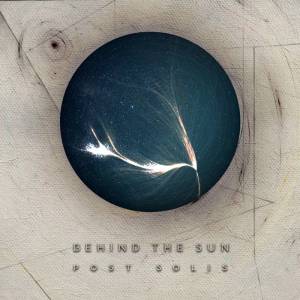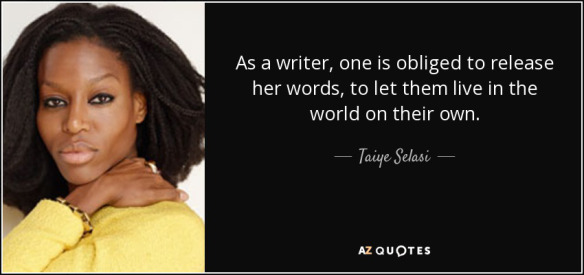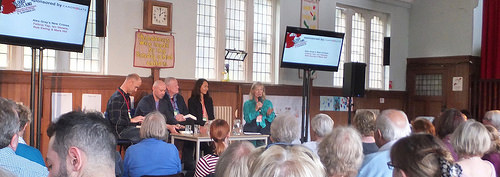As a gay male who loves watching horror movies, there is one thing that keeps occurring to me. I’ve noticed that there aren’t many horror movies centering around LGBTQ+ people which is not shocking, given the state of queer characters in all genres, yet it is rather unfortunate.
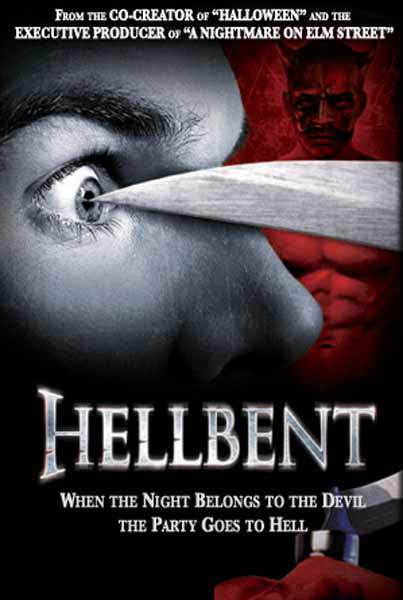
One horror film I can think of which depicts openly gay characters as the main protagonists is a 2004 slasher film called Hellbent. The film depicts a bunch of gay friends going out in West Hollywood on Halloween night only for them to slowly get picked off one by one by a masked psychopath. Hellbent is rather progressive because of how it depicts gay people as the protagonists without ever politicizing them or reducing them to tokenistic tendencies. But because it barely made a blip at the box office ($183,066 total), producers evidently got the idea that there isn’t an audience for queer horror films. To me, that couldn’t be further from the truth.
The only other times I can think of where openly queer people have been depicted in horror cinema are when they’re depicted as villains. Not only that, but they either are portrayed as mentally ill or have psychosexual motivations. For example, in High Tension, the character of Marie (Cecile De France) who’s a lesbian goes to the countryside with her friend Alex, who she has a crush on, to spend time with her and her family only for a psychotic trucker to disrupt their tranquility. After the trucker kidnaps Alex and kills her family, it is up to Marie to save her.
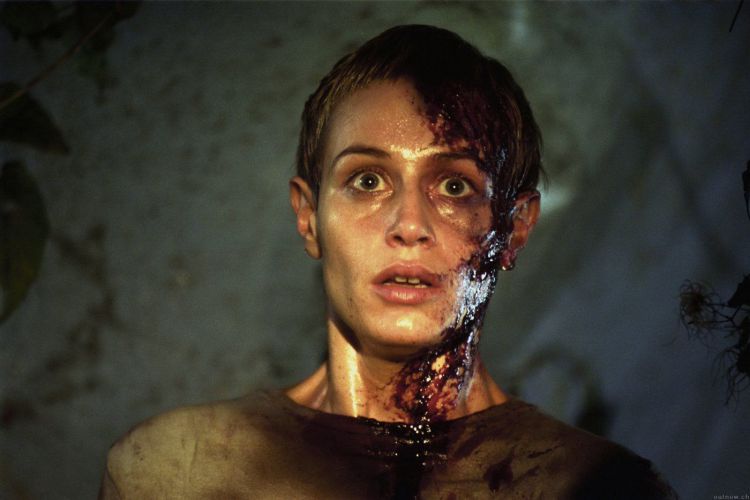
**major spoilers ahead**
But it is revealed that Marie herself is the killer and the trucker is just a split personality. It turns out that it was Marie who killed Alex’s family so that they wouldn’t come between her and Alex and kidnapped Alex to try and keep her for herself. In hindsight, High Tension proved to be a missed opportunity. If they had left out the twist of Marie being the killer, Marie would still be a strong-willed and more dignified character. Even though her crush Alex doesn’t share the same feelings since she likes guys, by having Marie try to save her without her ending up being the killer, she would’ve been a more progressive depiction of a queer character in a slasher film the way the characters in Hellbent were. In a genre where queer people are nearly invisible, I found the way that Marie was depicted to be rather harmful.
While the 1983 slasher film Sleepaway Camp may have fun B-movie value, even that film is still guilty of presenting harmful tropes. In the end, it is not only revealed that Angela Baker (Felissa Rose), the main protagonist, is the killer but it is also revealed that Angela is actually Peter, Angela’s brother, who has been passing as a girl and forced to live as a girl against his will by his aunt. For further proof of how transgendered people are presented in a harmful manner, look at Psycho. When Norman Bates kills people, he does it when dressed in women’s clothing to show how insane he is.
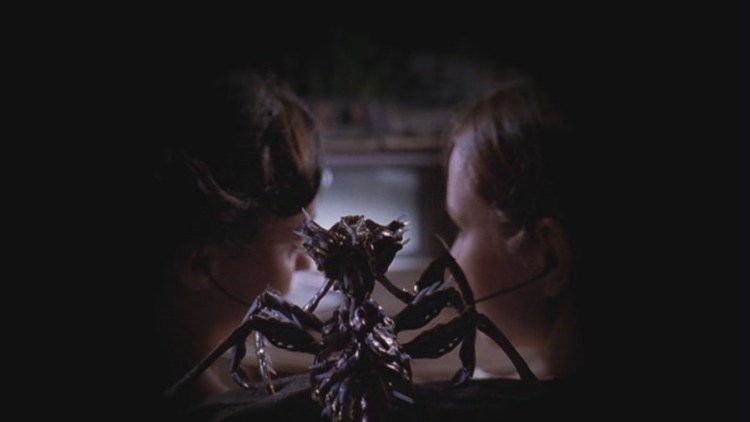
Even though it isn’t a feature film, one film that depicts openly gay characters in a more positive manner that I would recommend viewing is an episode of the anthology series “Masters Of Horror” known as Sick Girl. The episode depicts an entomologist named Ida Teeter (Angela Bettis) who falls for a woman named Misty (Erin Brown). But as their relationship quickly blossoms, it becomes disrupted by an unknown mantis-type insect. Aside from a scene where Ida is being chastised by her bigoted landlady Lana (Marcia Bennett), Ida isn’t completely defined by her sexuality which is a good thing. Apparently, the character of Ida was originally written as a male and named “Ira.” But it’s good that the gender was changed because it shows that Ida is not just a great gay character or a great female character. She’s a great character in general and those are the kind I want to see. I want to see more LGBTQ+ characters that aren’t defined by their sexuality just like how I want to see characters played by people of color that aren’t defined by their race.
I have a feeling people will ask “Why is it so important for a film’s character to be gay?” or “Why are you trying to force your gay agenda?” Well, because the film industry has a responsibility to reflect the diverse world we live in. It also has a responsibility to reflect particular communities, like the LGBTQIA+ community, in a positive manner. To show that not all lesbians are obsessive stalkers like Marie from High Tension and not all trans people are psychotic like Angela from Sleepaway Camp.
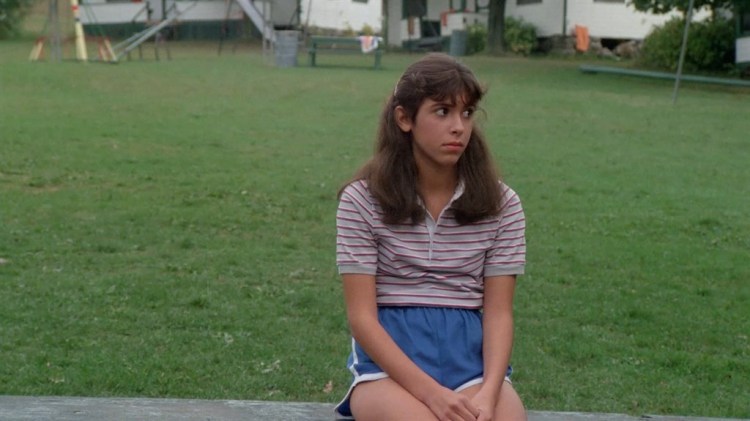
To explain why it is so important, I’ll just give my own personal introduction to queer cinema in general. The first films I watched that depicted queer people at the forefront were Philadelphia, Boys Don’t Cry, and Brokeback Mountain. Because those films depicted the plight of the queer community, I was given the assumption that being gay was a negative experience. That was until I discovered films like Carol, Weekend, The Way He Looks, and Tangerine which provide a more positive experience and made me realize that being gay isn’t shameful. So, what’s reflected on screen does matter.
Even though Hellbent isn’t a perfect film and in fact is rather cheesy, I still think it deserves credit for putting gay characters front and center in a genre that often ignores them. Hopefully, it doesn’t have to feel anomalous in the future.
Advertisements Share this:

